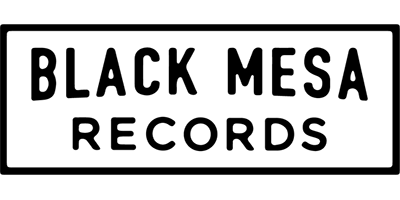M LOCKWOOD PORTER: HOW TO DREAM AGAIN
Based in Berkeley, California, Oklahoma-born M. Lockwood Porter fits comfortably into the tradition of American folk troubadour protest singers while also mining the more musically aggressive territory of punk-country and roots-rock. His latest, How to Dream Again, offers strong examples of both as well as a lyrical focus on social injustice and activism that blends the personal and the political.
As the title hints the ambiguity and ambivalence of the American dream casts a large shadow over the songs, kicking off (after a revival tent intro) with guitars ringing and drums pounding on American Dreams Denied, the sort of air-fisting punk infused number you might associate with the likes of The Gaslight Anthem, Tom Petty, Bruce Springsteen or even Against Me! and maybe even a touch of Creedence Clearwater. The same holds true of the rousing The Future Ain’t What It Used To Be with its circling guitar riff and a lyric that shares the theme of how “We can’t afford to live in the land of the free.”
The other numbers are less rocky, a clutch of three dealing with the uncertainty of relationships open with the pedal steel streaked mid-tempo Burn Away (a definite Petty influence here) and continues through the harmonica laced, fingerpicked Bright Star and, fleshing out the sound a little more with the drums and organ, Strong Enough, a track that calls Bob Dylan to mind, that sports the raw-nerved chorus line “I hope that I am strong enough to keep you by my side.”
The halfway point brings one of the album’s strongest tracks, returning to its themes of social and political activist with Joe Hill’s Dream, an acoustic strummed waltzer retelling of the story of the Swedish-American labourer, protest singer and activist executed on spurious charges in 1915 that also serves as a criticism of phony folk singers who may have the words but “say nothing at all” as he warns “what bullets can’t kill fear and hopelessness will”.
A more contemporary take on America’s social, economic, racial and political divides, (“there’s a part of my hometown I was taught to never hang around”), comes with Charleston, an acoustic strummed account on the June 2015 shooting at Emmanuel Church by Dylann Roof in the hope of inciting a race riot, while, a Springsteen-like harmonica accompanied ballad that reps another highlight, Reach The Top is a sharp commentary on the personal cost that materialism and the American Dream demands as he sings how “there’s only so much talking till you tune out all you hear” and that there’s
“a hundred ways to justify the people that we kill” on our way to the top.
After all this, the album closes on brighter notes, the jaunty Sad/Satisfied a caution against giving in to cynicism and complacency and getting high on your own pain, thinking you’re the only one with problems, while the final track, the pedal steel stained Americana of Dream Again, sets despair and resignation against the inspiration and faith of spirituality and compassion, not closing our eyes and heart to “the nightmares of the world”, but learning how to hear the angels songs again. There’s nothing phony folk about Porter, listen and what dreams may come.
